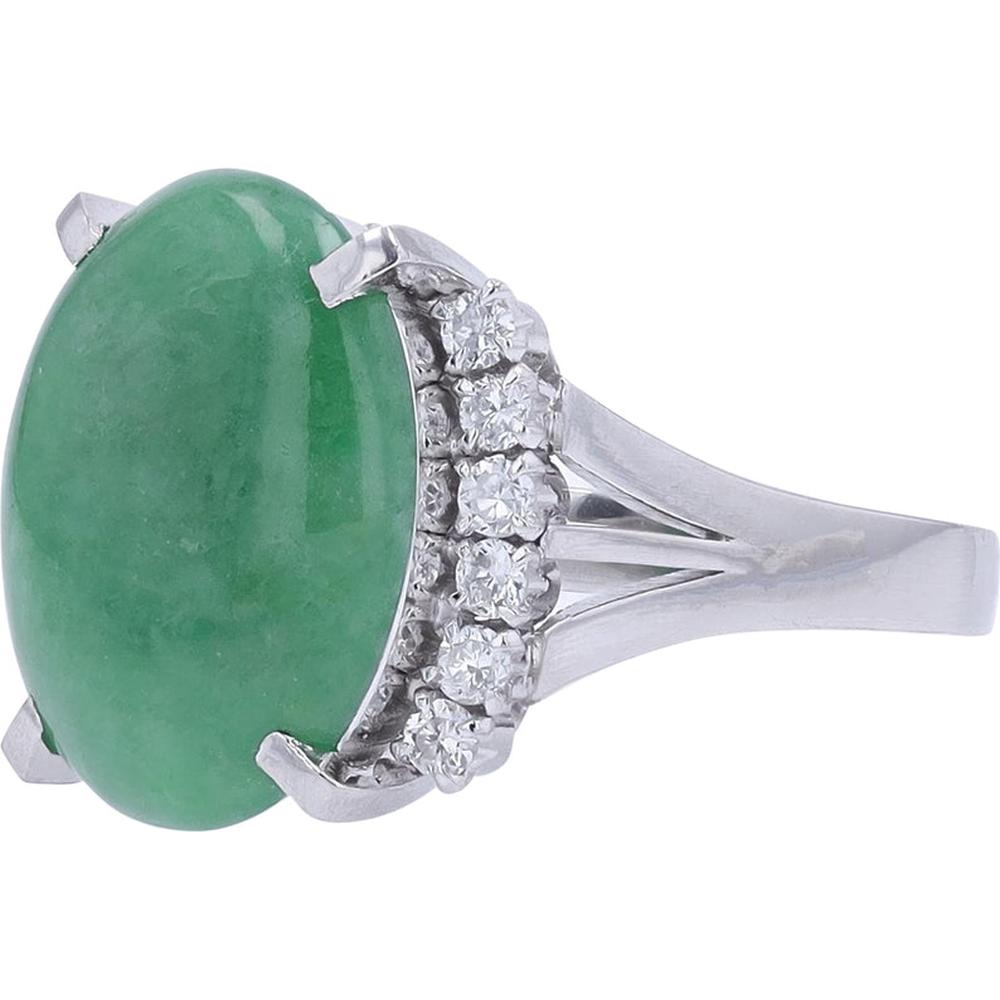What is Symbolic About Jade? Unveiling the Rich Tapestry of Meaning Behind this Cherished Gemstone

Jade, a gemstone of great beauty and complexity, has held a significant place in the arts, culture, and healing practices across various civilizations. Revered for its metaphysical properties and aesthetic allure, jade is not just any stone; it is a symbol of purity, wisdom, and tranquility. From ancient China to the Maori of New Zealand, jade has been cherished not only for its utility in fashioning tools and jewelry but also for its profound spiritual significance.
In China, jade is considered the ultimate emblem of virtue and serenity. It is traditionally associated with noble qualities such as wisdom, justice, courage, modesty, and compassion. The stone is thought to have a protective quality, warding off evil and bringing good luck. The Chinese have historically used jade in rites and as a medium for accessing spiritual worlds.
Maori culture also holds jade, or 'pounamu', in high regard, considering it a bearer of good fortune and a connector to the ancestral world. The hei-tiki pendants, intricately carved from jade, are particularly significant. They are believed to possess the spirits of ancestors, offering protection and guidance. These pendants are handed down through generations, symbolizing family heritage and continuity.
Jade's appeal spans its various colors, each associated with specific qualities. Green jade, the most commonly known, is linked to heart chakra, promoting emotional healing and balance. White jade offers clarity and peace, while lavender jade enhances spiritual support and healing. This diverse palette not only enriches the aesthetic value of jade artifacts but also amplifies their perceived metaphysical benefits, making jade a versatile choice for discerning collectors and spiritual seekers alike.